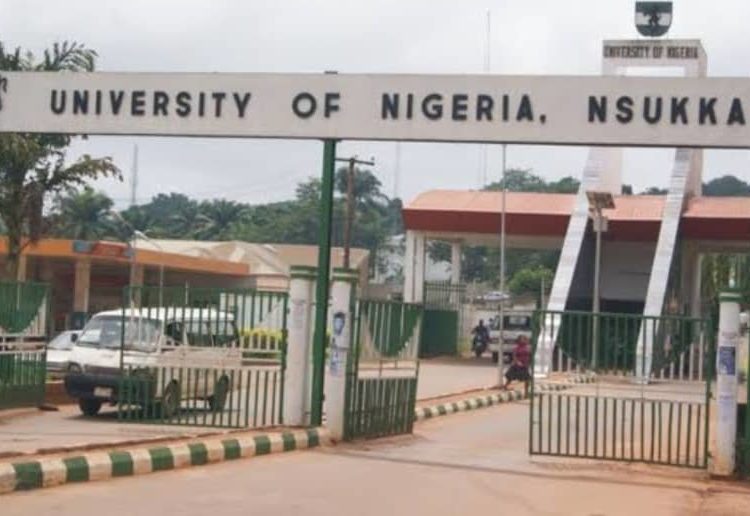Despite the ongoing strike by the Academic Staff Union of Universities (ASUU), the University of Nigeria Nsukka (UNN) Mass Communication Alumni Association (Jacksonites) held its monthly continuing education training on social and communication research methods for the benefit of interested researchers in Nigerian universities.
Previous sessions of the webinar series covered an overview of mixed methods approaches and the applications of action research in addressing pressing social problems.
This month’s session which was held on Friday September 2 covered qualitative research methods and was covered by five widely experienced research teachers in the US and Nigeria, with more than 65 participants who joined from across the country to listen to the presentations and interact with the panellists.
Professor Okigbo, formerly senior lecturer at UNN, and pioneer Registrar at the Advertising Practitioners Council of Nigeria (APCON), and now Professor Emeritus of Strategic Communication in the US explained the necessity of using qualitative methods in mixed methods designs, while Dr. Nuhu Gapsiso of the University of Maiduguri illustrated the various ways of conducting qualitative data analysis.
Professor Mustapha Malam of Bayero University provided three fascinating examples of qualitative and mixed methods applications in recent theses research by BUK students. One of his examples came from Balarabe Maikaba’s 2010 dissertation on titled “Mass Communication Research in Nigerian Universities (1980 – 2006): An Analysis of Themes and Trends”. This research showed that different mass communication departments reflected different curricular emphases. UNILAG and BUK emphasized broadcasting, while UNN showed clear interests in print journalism.
The fourth speaker, Professor (Rev. Sr.) Bellarmine Ezumah of Murray State University in the US explained the philosophical foundations of qualitative methods, gave examples from her research in the US, Nigeria, and South Africa, and concluded by emphasizing that qualitative and quantitative methods are equally valuable, depending on the purposes of our research. She drew attention to the valuable use of qualitative approaches in research situations that call for deeper understanding, especially where we need to explain social reality as constructed through people’s interaction.
Drawing from her doctoral dissertation on newspaper coverage of maternal health issues, Dr. Raheemat Adeniran of Lagos State University empathized the need for quantitative researchers to pay attention to the problems of using human subjects in research. She also illustrated her versatility in the use of multiple qualitative research methods with her study of Nigerian journalists’ experiences with fact checking training. She has used thematic analysis, in depth-personal interviews, and qualitative content analysis in her various research engagements.
The presentations drew many comments and questions from the more than 65 participants, who were promised unfettered access to the complete set of the slide deck immediately after the webinar. Many participants expressed interest in further instruction of the uses of computer tools in qualitative data analysis, the sample size question in qualitative research, and the applicability of focus group discussion methods in online research settings. Professor (Rev. Sr.) Ezumah encouraged participants to be receptive to the new computer tools such as Excel, which is not complicated and comes free in some Microsoft Office packages.
These series of special instructional and demonstrative webinars are the brainchild of UNN Mass Communication Association members with Professor Chinedu Mba of Algonquin College, Ottawa, Canada as coordinator, and Dr. Chuks Enwerem of the National Open University of Nigeria (NOUN) as moderator. The topic for next month is Quantitative Research with Dr. Kayode Mustapha Lambe, Head of Department of Mass Communication at the University of Ilorin as the special guest, and Professor Idowu Sobowale (ex-UNILAG) as the guest lecturer.
The welcome remarks was given by Dr. Marcel Mbamalu, UNN Mass Communication alumnus, former news editor at the Guardian, and now publisher/editor-in-chief at Prime Business Africa. in which he noted that the webinar aims to build bridges between “town and gown”.





